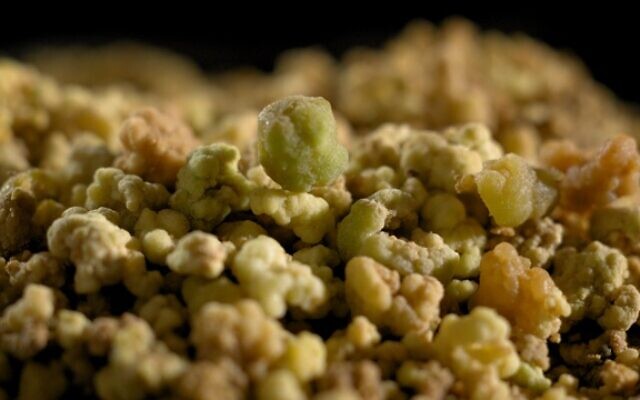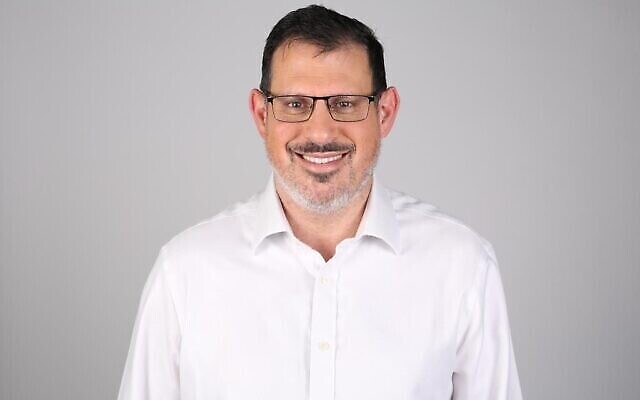Cloned Cannabis Cells with 12 Times More Potency Grown in Bioreactor
Company behind the tech says each gram of its product will stretch much further in treating patients than a gram from cannabis plant — and needs far less water and other resources.
An Israeli company has cloned hemp cells and used a bioreactor to grow them into a substance with all the active compounds of cannabis — and 12 times the potency.
BioHarvest Sciences says the breakthrough could make the medical benefits of cannabis available in cheaper, cleaner and greener form. It has started applying for the necessary licenses to manufacture and sell its product for medical use in Israel and the United States.
“We don’t grow the plant at all,” BioHarvest CEO Ilan Sobel told The Times of Israel. Instead, the process involves “replicating” cells taken from a hemp plant in big tanks called bioreactors to produce huge numbers of identical cells.
“We grow them in huge bioreactors in just three weeks — while regular cannabis takes 14 to 23 weeks,” Sobel said. “Our tech can also significantly increase the levels of active ingredients, as a percent of the weight, versus what is found normally in the plant.”
And so, every gram emerging from the bioreactor in Rehovot requires less water and other resources to grow than a gram from a cannabis plant— and will stretch considerably further in terms of treating patients, Sobel said.

He expects the impact of his innovation on the cannabis market to be “breathtaking.” He declined to detail the proprietary technology that is used, but said that the potency has been increased 12-fold purely by changing the environment inside the bioreactor.
Sobel said: “By adjusting specific conditions to which the cells are exposed, we can create different desired compositions of active ingredients, meaning we can dial up and down the various cannabinoids [compounds].”
The biomass that comes out of the bioreactor consists of cells that are identical to those found in cannabis derived from plants, and there is no genetic modification, Sobel said. Patients can receive it in smokable form or as pills, drops, chewing gum, and a range of other formats.
As well as containing high levels of the active compounds, the biomass is full-spectrum, which means it has the full variety of chemical compounds found in the cannabis plant, and not just some of them.
“Our composition has significant amounts of both major cannabinoids such as CBD and THC as well as significant amounts of what have been termed minor cannabinoids,” Sobel said.

The controlled environment of the bioreactor could overcome two challenges of cannabis farming: contamination and crops with varying levels of active compounds. Sobel said that the protected environment of the bioreactor keeps out contaminants like fungi, and the controlled nature of the method delivers a product that has consistent compound levels.
BioHarvest claims that if its biomass takes off, it will deliver the benefits of medical cannabis more cheaply and with less environmental impact. This is because, according to company calculations, each kilowatt of electricity produces eight times more material from the bioreactor than what is produced from plants. When it comes to water, each gallon produces 54 times more bioreactor material than plant material. Land requirements are reduced by more than 90 percent.
The company’s resource-saving growing techniques are already in use for growing grapes, olives and pomegranates.
“The bottom line is that we can make cannabis and hemp far more useful than before, at lower cost to our planetary resources,” Sober commented. “It is a wellness and sustainability solution from Israel that can provide a truly inspiring contribution to the world.”




comments